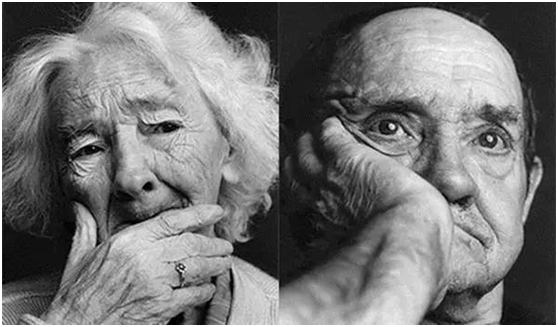US researchers say blood test can detect Alzheimer’s early
July 21, 2017
Source: Medical devices
 756
756

Researchers at Washington University School of Medicine in St Louis, US, have carried out a study to identify a rapid and inexpensive test for Alzheimer’s disease.
The results from the study suggested that screening of amyloid beta protein, which is a characteristic of Alzheimer’s, in the blood can help identify individuals with altered amyloid levels in the brain or cerebrospinal fluid.
It is expected that the blood-based screening test will have the potential for early detection of the disease, even years before their symptoms-based diagnosis.
Washington University School of Medicine neurology professor Randall Bateman said: “Our results demonstrate that this amyloid beta blood test can detect if amyloid has begun accumulating in the brain.
“It could be the basis for a rapid and inexpensive blood screening test to identify people at high risk of developing Alzheimer’s disease.”
"It could be the basis for a rapid and inexpensive blood screening test to identify people at high risk of developing Alzheimer’s disease."
As amyloid beta levels in the blood might not correlate with its brain levels, the researchers measured blood levels of amyloid beta 38, amyloid beta 40 and amyloid beta 42 subtypes in 41 volunteers aged 60 years and above using mass spectrometry and correlated them with levels in the brain.
The researchers also screened the amyloid subtypes in 18 individuals with no amyloid build-up in the brain and collected 20 blood samples from each person over 24 hours.
While 23 people were found to be amyloid-positive with cognitive impairment signs, the amyloid beta 42 relative to amyloid beta 40 levels were observed to be 10-15% lower in individuals with amyloid plaques.
The research team were also 89% successful in classifying amyloid-positive or negative people with 86% single time point accuracy.
By editor
Read more on
- Things to Know before Buying Newborn Baby Incubators March 31, 2022
- Mouse study tests a novel approach against Alzheimer’s December 13, 2019
- Highly Resistant Food Poisoning Bug Responds to Antibiotics September 6, 2018
- Smartphone Based Diagnosis to Identify Mosquitoes Transmitting Infection September 5, 2018
- 3 Natural Plant Extracts Manufacturers on Drugdu.com September 4, 2018
your submission has already been received.
OK
Subscribe
Please enter a valid Email address!
Submit
The most relevant industry news & insight will be sent to you every two weeks.



